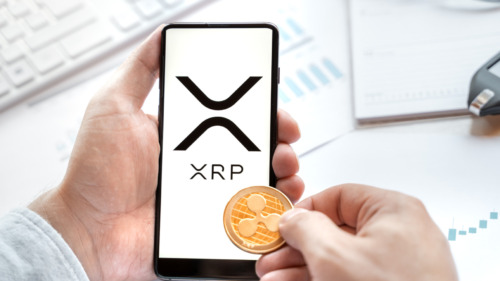Terra And Do Kwon Argue “Torres Doctrine” In Bid To Dismiss SEC Lawsuit

- Terra and Do Kwon’s legal team argued that the recent ruling in the case of US SEC v. Ripple Labs directly impacts their motion to dismiss.
- The SEC sued Do Kwon and his company for selling unregistered securities namely UST, LUNA, wLUNA, and MIR.
- Judge Analisa Torres ruled that cryptocurrency sales to retail investors on exchanges do not qualify as an investment contract i.e. a security.
Terraform Labs and Do Kwon’s legal filed a motion to dismiss the U.S. Securities and Commission (SEC) lawsuit alleging securities violations. Lawyers for founder Do Kwon and his company cited the recent summary judgment by Judge Analisa Torres in the Ripple vs SEC case.
Their legal team, represented by Dentons, argues that the recent ruling in the case of US SEC v. Ripple Labs, delivered by Judge Analisa Torres, directly impacts their motion to dismiss.
According to the SEC, cryptocurrencies like UST, LUNA, wLUNA, MIR, and mAssets fall under the category of securities. However, the Ripple case demonstrates the SEC’s lack of legal grounds to claim that all cryptocurrencies, except for Bitcoin, are securities.
The defense highlighted distinctions between programmatic sales of digital assets which are not considered securities and institutional sales which are treated as securities under investment contracts per “Torres Doctrine”.
Furthermore, the defense for Terra and Do Kwon asserts that the SEC did not allege any direct or secondary market sales of UST. Lawyers filed a supplemental authority citing the Ripple judgment in a bid to throw out the SEC’s case against Terra and its founder alleging fraud and securities rulebreaking.
New Terra CEO, Do Kwon in Jail
The motion comes at amid a shift in company leader after Terraform appointed Chris Amani as CEO. Meanwhile, founder and former CEO Do Kwon sits in a Balkan prison serving a 4-month sentence for forgery and awaiting news of his possible extradition to his country South Korea, or the U.S.
If tried and convicted of breaking South Korea’s Capital Markets Act, Do Kwon could spend 40 years in prison. The U.S. Justice Department also hopes to try Kwon on criminal charges in a federal court.







